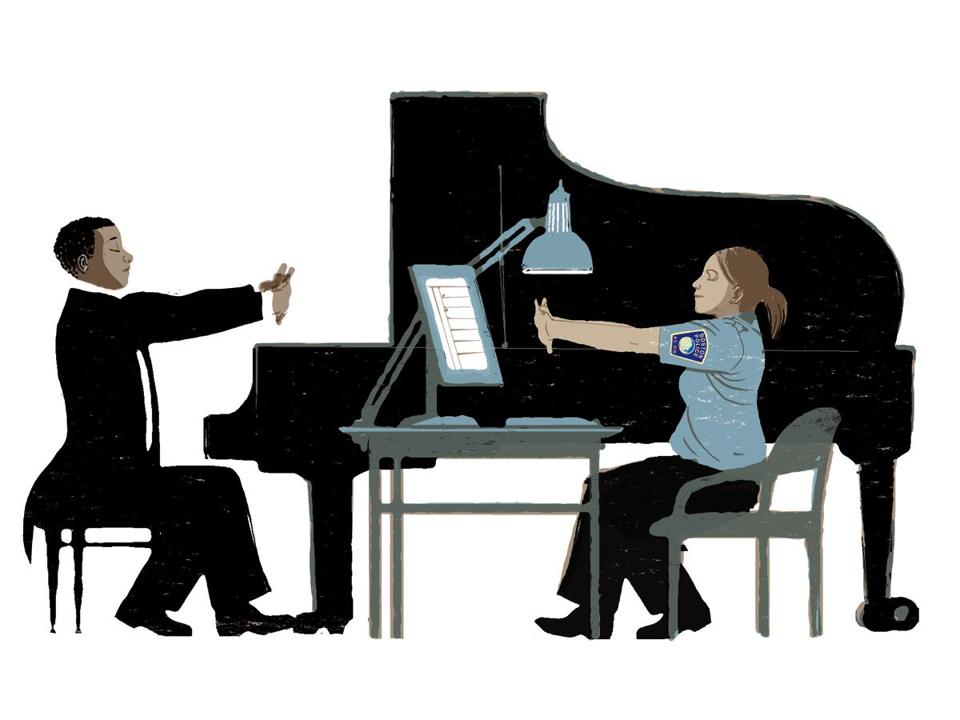available for purchase
at this time.
Link Roundup! – 2/19/16
Link Roundups feature articles and bits of internet goodness that our dramaturgy team digs up. If you find something you want to send our way, drop us a line on Facebook or Twitter!
♦♦♦♦♦
The Boston Globe has a feature on Boston’s new artist-in-residence program:
Imagine a dancer working with police officers to better interpret a suspect’s gait. Or a musician teaching a city parking clerk how to listen deeply. Or an abstract painter rearranging a tangle of contradictory street signs. That’s the idea behind Boston’s new artist-in-residence program, which will embed local artists inside city departments to promote creative thinking about municipal government.
♦♦♦♦♦
StageSource Executive Director (and recent C1 PlayLab guest speaker!) Julie Hennrikus wrote an editorial for the ARTery about arts space and funding in Boston:
We are in the midst of a social revolution right now, and cultural equity is part of it. Cultural equity requires acknowledging, addressing and dismantling the systemic and social inequities that are built into the fabric of our society. We can’t achieve what is possible unless we acknowledge that even in the arts, which are supposed to be a great equalizer, inequity persists.
Do we really care about cultural equity? That is an important conversation, and speaks to Boston’s history and its future. We have to care. The arts community has the opportunity to be a leader on this front in a way that would change the city. Could different funding streams help? When companies rely on ticket sales to the degree that they do in Boston, fear of change becomes ingrained. Rethinking offerings, audiences, locations, art forms — all of that requires change.
♦♦♦♦♦
City Lab explores the relationship between art institutions and the diversity and gentrification of their neighborhoods:
A new study from Nicole Foster and James Murdoch III at the University of Texas at Arlington and Carl Grodach at Queensland University of Technology adds to our understanding of the role of arts in cities. The study conducts a detailed empirical examination of the connection between arts organizations and key measures of neighborhood diversity and economic advantage or disadvantage. To get at this, the authors use extensive data on nonprofit arts organizations collected by DataArts*, which they compare to data on neighborhood diversity (by race, income, and industry) and indicators of neighborhood disadvantage (based on unemployment and the share of people below the poverty line and on public assistance) from the U.S. Census.
♦♦♦♦♦
TCG recently announced an expansion of their Equity, Diversity, & Inclusion institute:
Theatre Communications Group (TCG) is pleased to announce two new cohorts in its Equity, Diversity & Inclusion Institute (EDI). The Andrew W. Mellon Foundation has committed $875,000 to support development of the Institute. The expansion will bring two peer-learning cohorts of more than 20 theatres, each through a three-year curriculum of personal analysis-building, organizational action planning, and collective action for field-wide impact.

